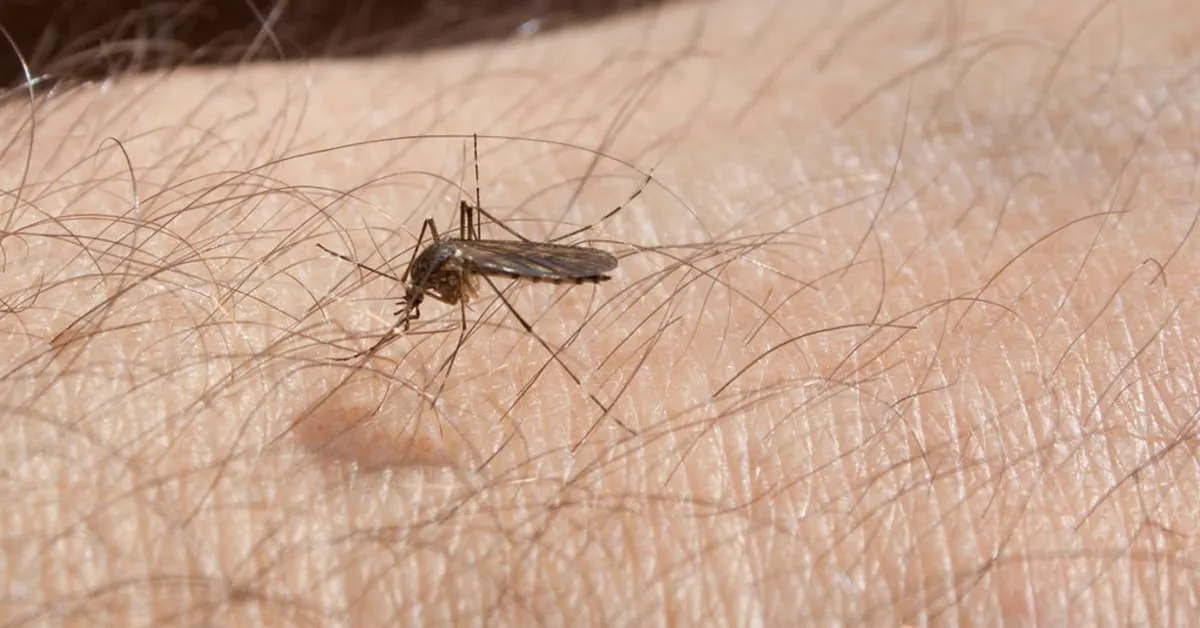
This year, Minnesota has reported 20 cases of West Nile virus, with two resulting in fatalities, according to state health officials. The Minnesota Department of Health (MDH) is urging residents to take necessary precautions as the number of cases rises. These fluctuations in cases are influenced by various factors, including temperature and rainfall, which can create favorable conditions for mosquito breeding.
Cases of West Nile virus have been detected throughout Minnesota; however, the highest risk areas are primarily found in the agricultural regions of the western and central parts of the state. Neighboring states, including Iowa and North and South Dakota, are also experiencing increased activity related to this virus, heightening the concern for public health.
The West Nile virus is transmitted to humans through the bite of infected mosquitoes. The most active feeding times for these mosquitoes are during dusk and dawn, particularly from July through September. Elizabeth Schiffman, supervisor of MDH’s Vectorborne Diseases Unit, emphasizes, “This is a high-risk time of year for West Nile virus transmission. It’s important to prevent mosquito bites while enjoying outdoor activities during pleasant weather.”
To minimize the risk of contracting West Nile virus, the MDH recommends the following protective measures:
Use insect repellent containing up to 30% DEET. Wear loose-fitting, long-sleeved shirts and pants. Be particularly cautious or avoid outdoor activities during dusk and dawn. Ensure that screens on windows and doors are intact to keep mosquitoes out of your home. Pre-treat clothing and gear with permethrin-based products.Most individuals who are bitten by an infected mosquito either experience no symptoms or develop a mild, flu-like illness that typically manifests within one to two weeks. However, less than 1% of those infected may develop severe complications such as encephalitis or meningitis, which involve inflammation of the brain or surrounding tissues. The elderly and individuals with weakened immune systems are particularly vulnerable to severe outcomes. Additionally, those who work outdoors or engage in recreational activities in natural settings should exercise extra caution.
As there is currently no specific treatment for West Nile virus, supportive care remains the only option for affected individuals. Staying informed and taking preventive measures is crucial as Minnesota navigates this high-risk period for West Nile virus transmission. By following MDH's guidelines, residents can better protect themselves and their communities during this mosquito season.